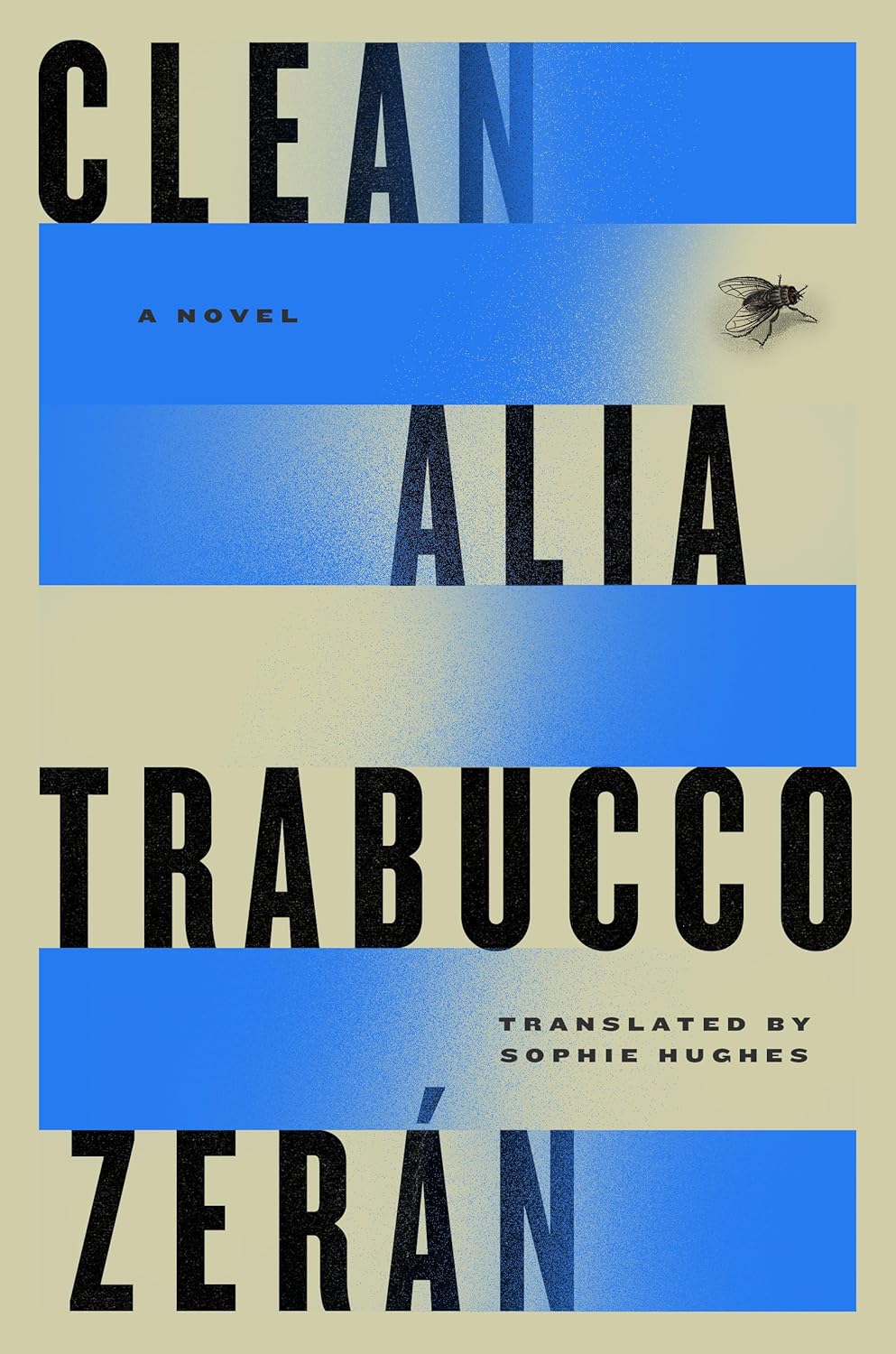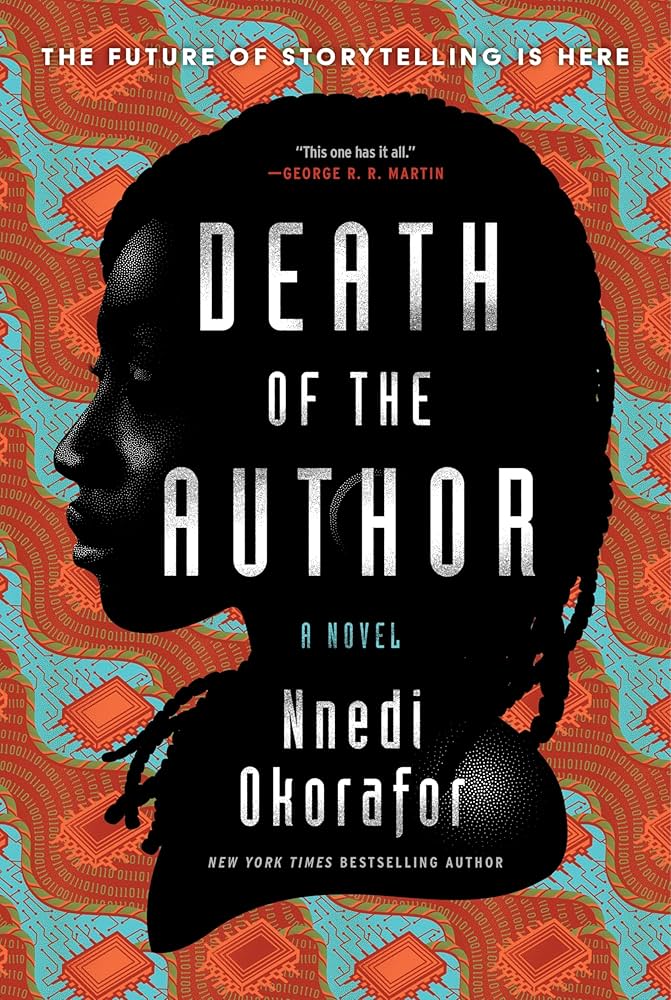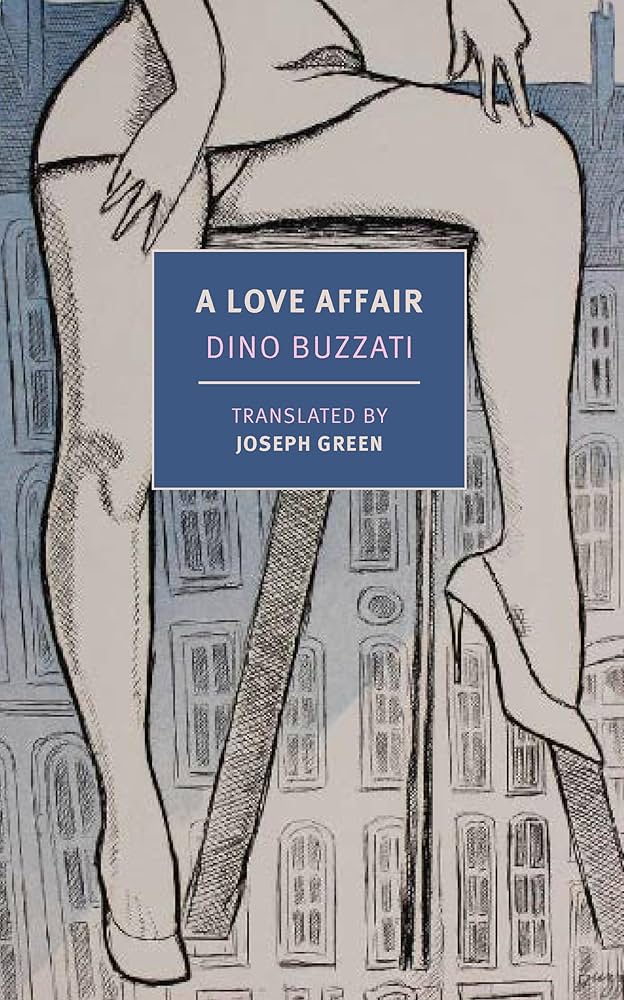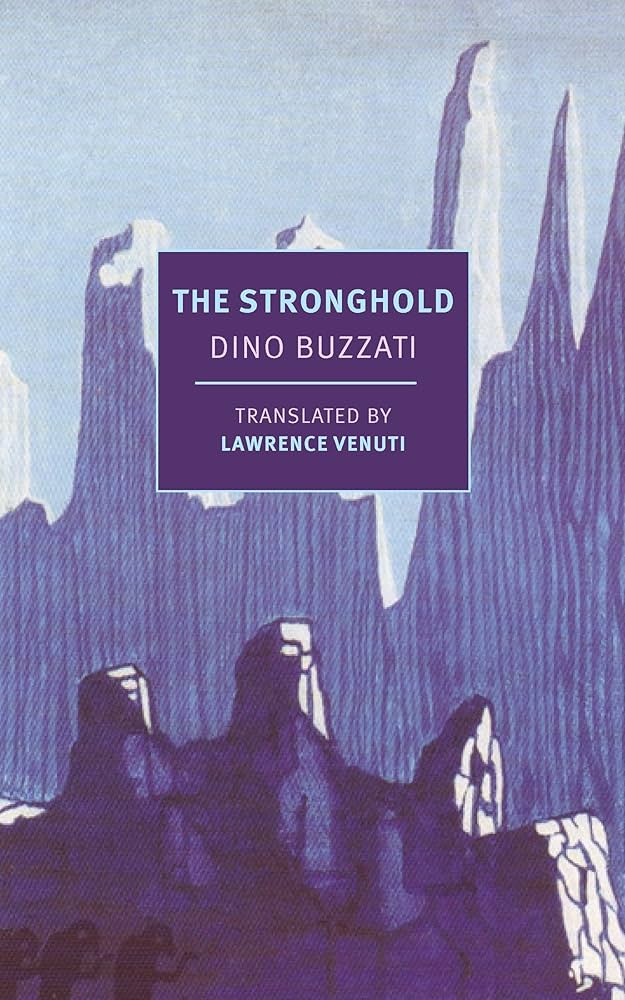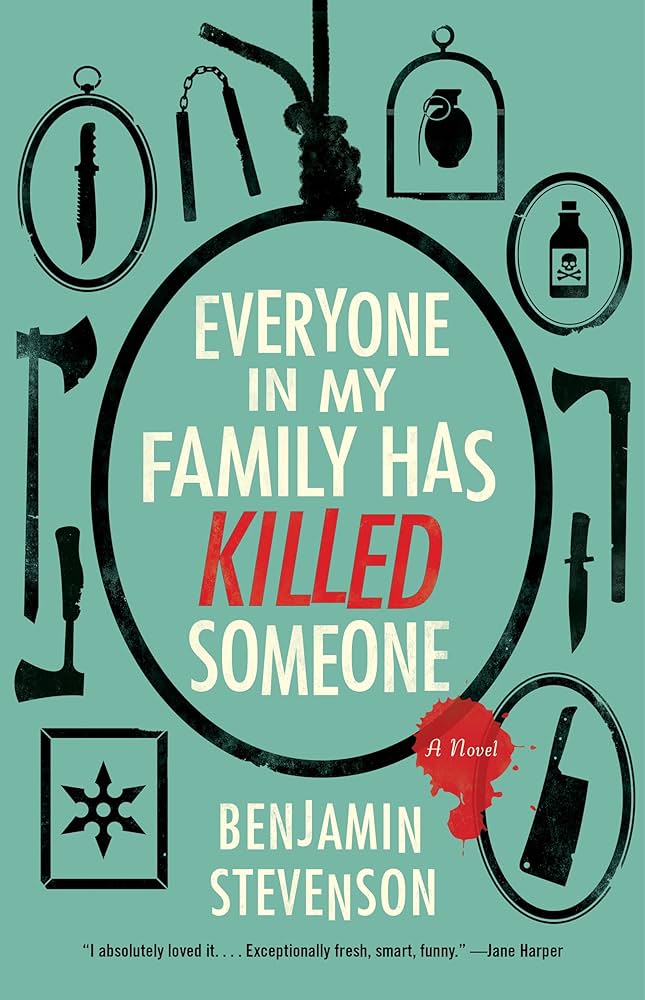Alia Trabucco Zerán’s novel Clean starts off with the death of a child, and Estela García, the domestic worker, is about to describe the events to her unidentified jailers: “I’m going to tell you a story, and when I get to the end, when I stop talking, you’re going to let me out of here.”
It’s a killer hook, and I could barely put Zeran’s book down after it. Estela starts at the beginning, being hired as a live-in maid and nanny by a wealthy couple named Mara and Cristóbal in Santiago, Chile. The story unrolls in a way that reminded me of The Usual Suspects — Estela’s narration had me convinced that she was an unreliable narrator.
Clean is, in part, a character study of Estela. She is treated poorly by her employers; at one point she’s caught trying on a dress, and Mara tells her to wash it before putting it away. Estela suffers repeated needling and humiliation from Mara and Cristóbal, and her cynicism and resentment clashes with her desire to provide her aging, far-away mother with the medical care she needs. She loves the child but also fears she is growing into the worst of her privilege.
At its core, Clean is about the dynamics of class, power, and domestic life in Chile. Zeran weaves protests and major political events into the story with just enough detail to make me seek out more about modern Chilean history.
The Atlantic had me covered:
Lurking in the background of this riveting novel is Chile’s Estallido Social, a series of explosive protests beginning in 2019 that were sparked by an increase in metro fares but ultimately became a referendum on broader inequity. In 2017, according to the Organisation for Economic Co-operation and Development, the top 10 percent of Chileans accounted for almost 57 percent of the country’s household wealth. Trabucco Zerán doesn’t specifically name the Estallido, but she sketches its contours, illuminating the conditions that might lead a young person to don a bandanna and pick up a rock.
Regardless of your interest in Chilean social movements, Clean is compelling and fast-paced. The translation is excellent, the shifts in tone and formality of language are natural and Estela’s precise choice of words never wavers.
Further Reading
NYT Review (gift link)
Atlantic Review (archive link)
Photos of the protests in Chile / Wikipedia

